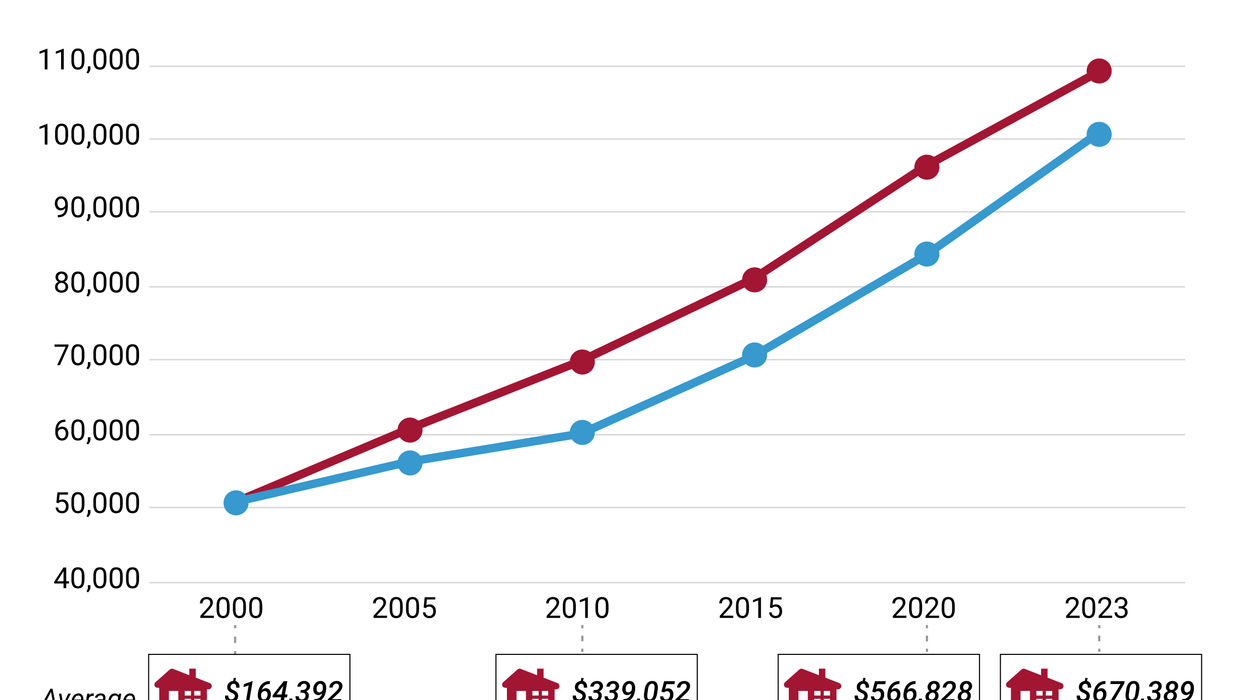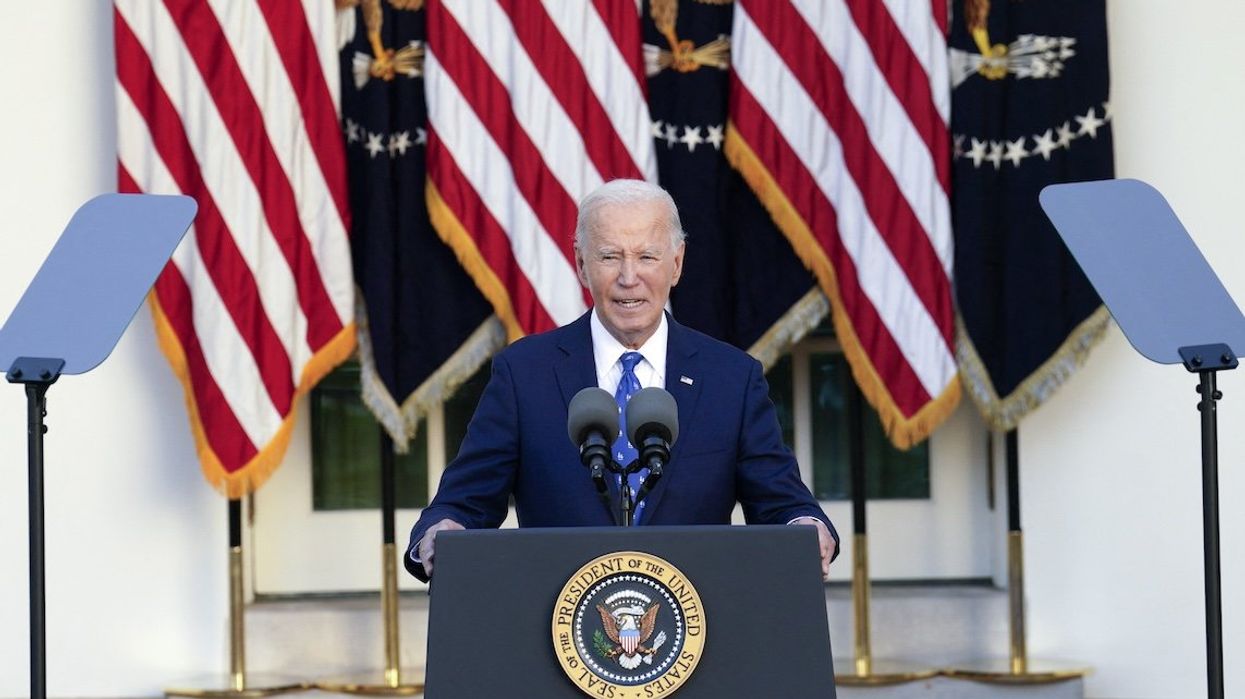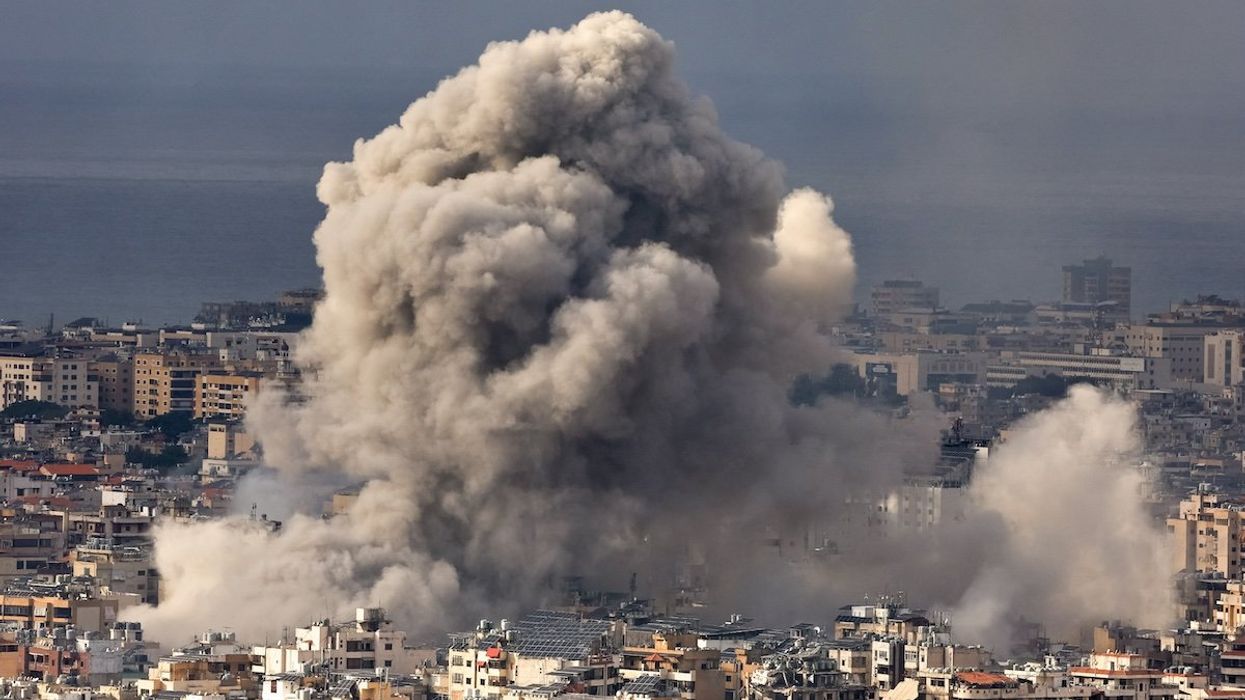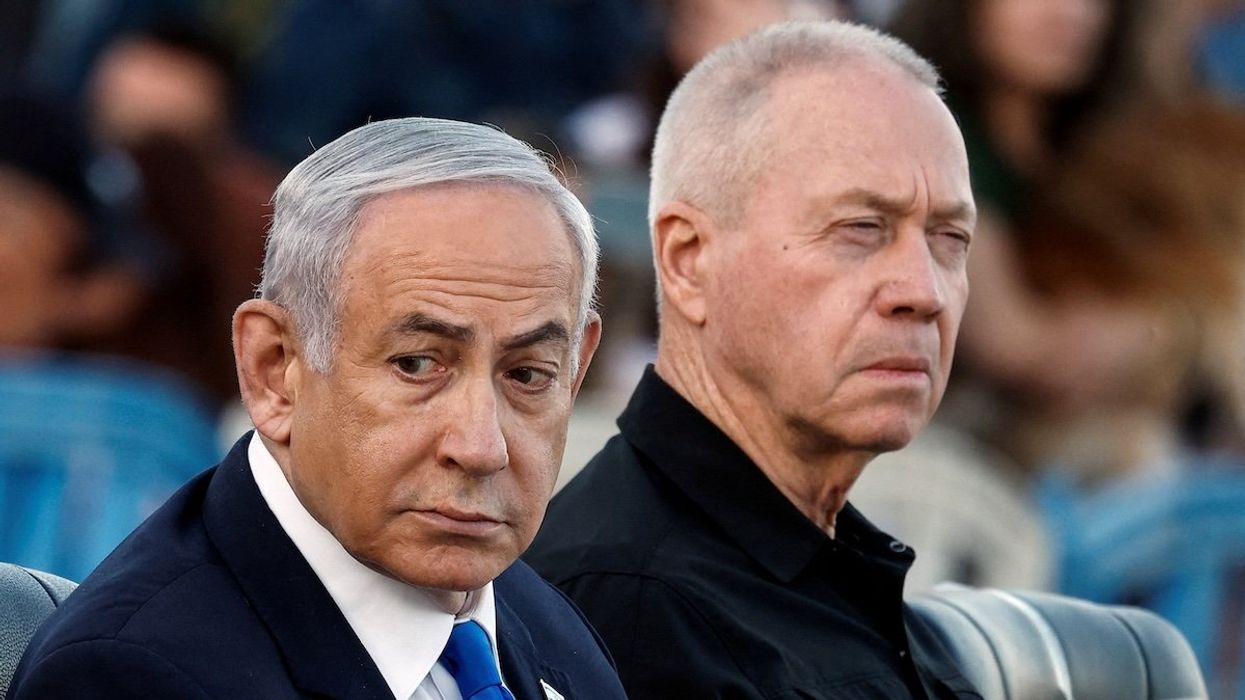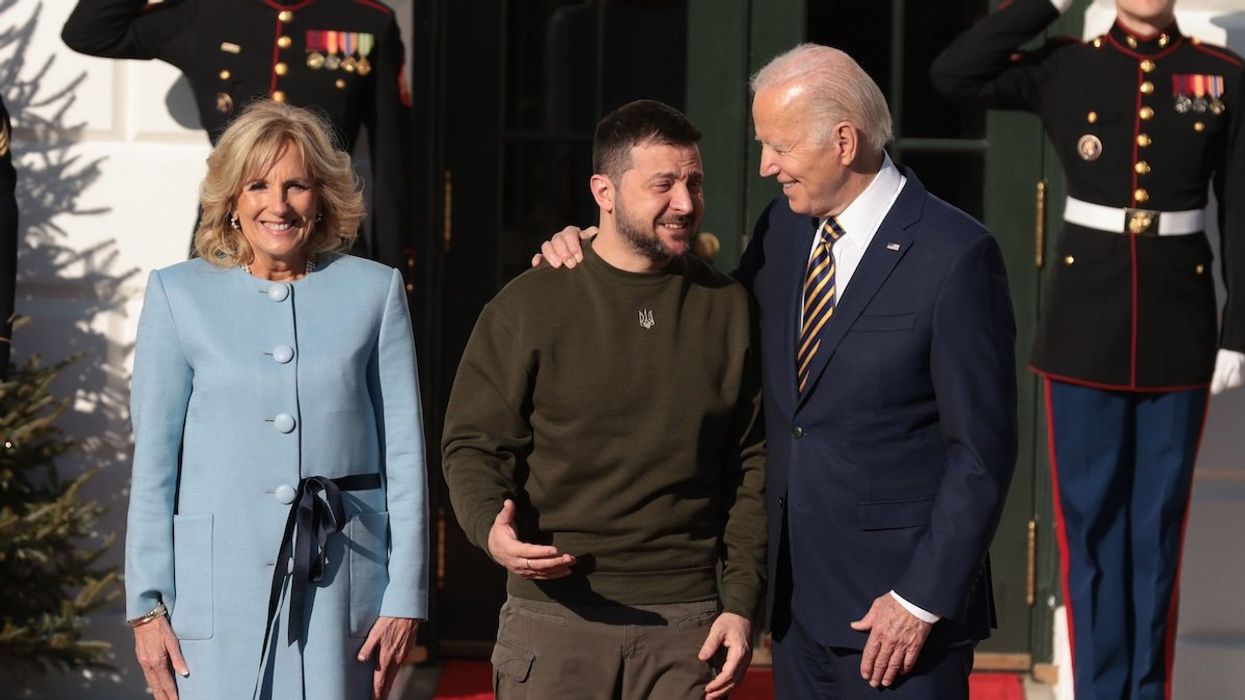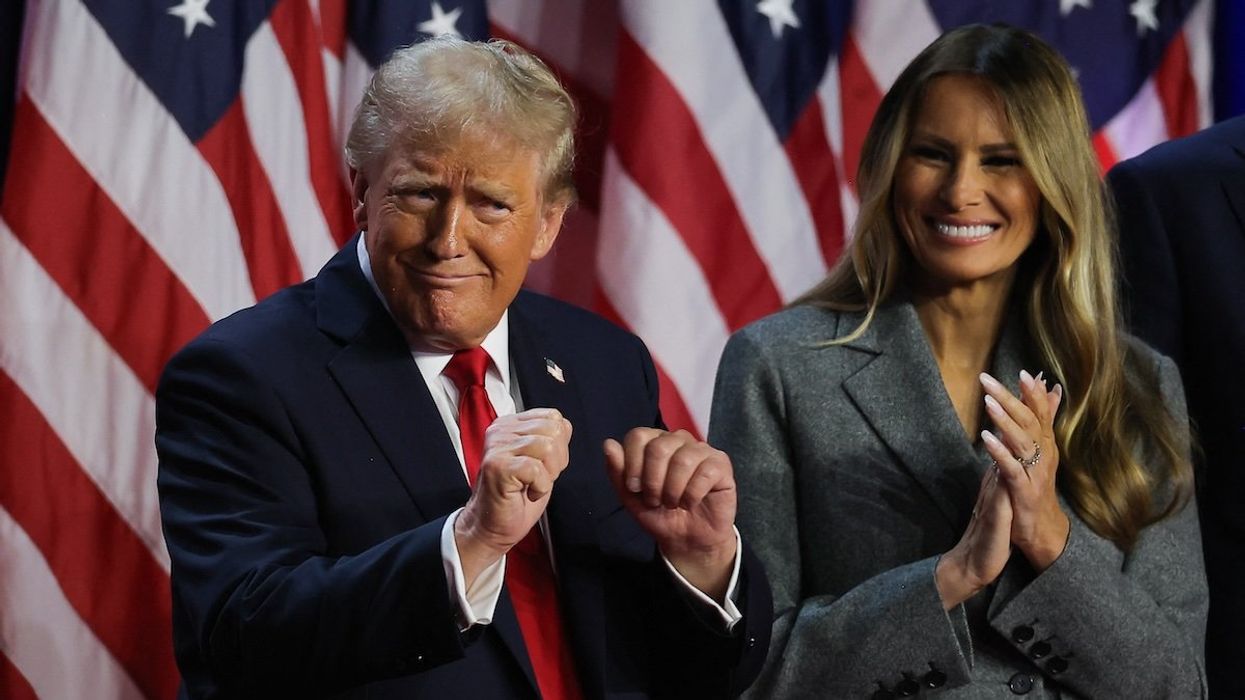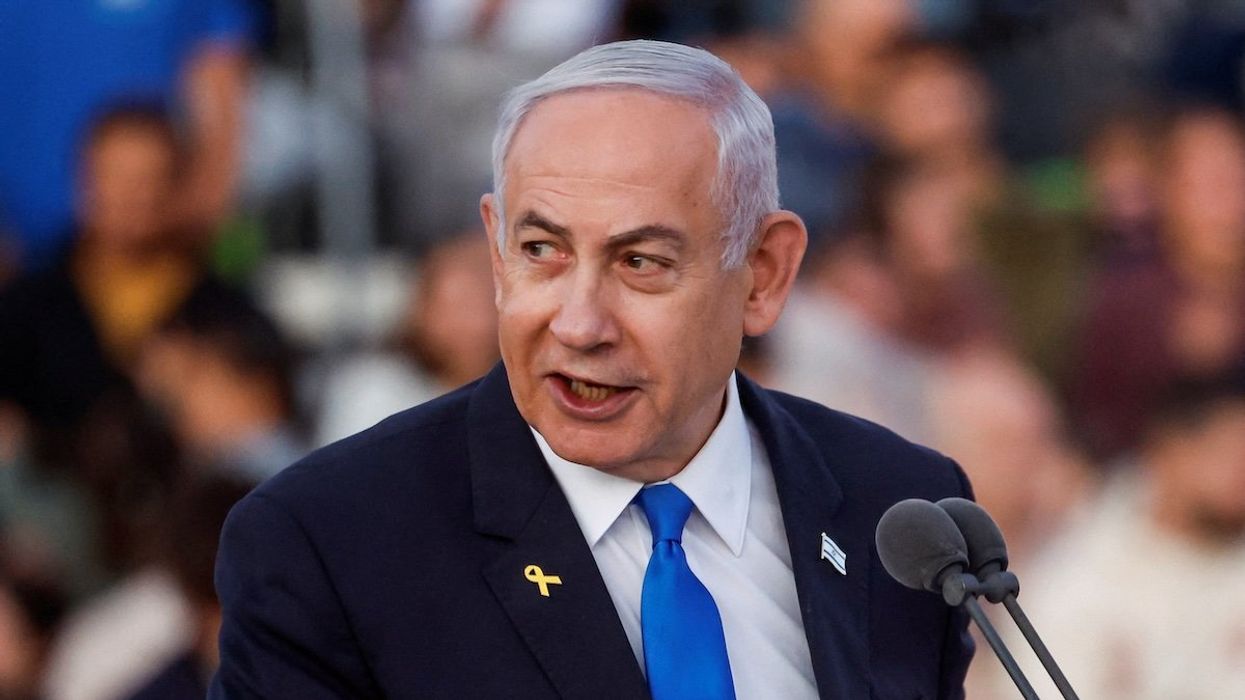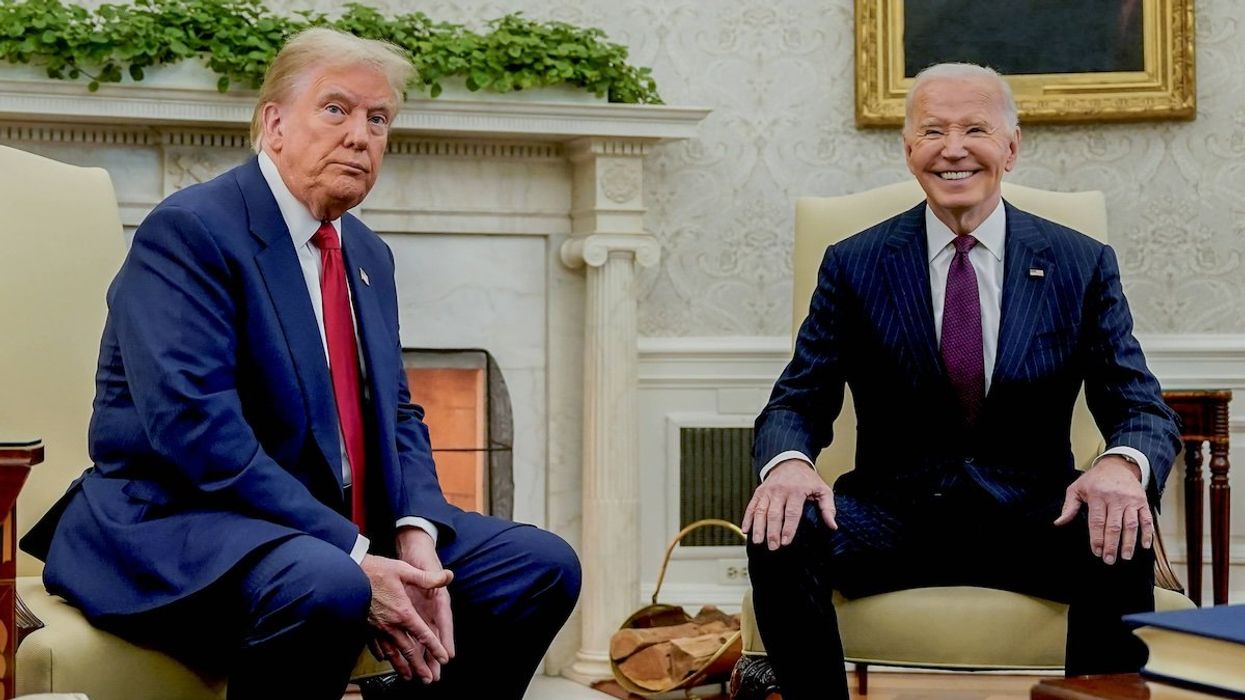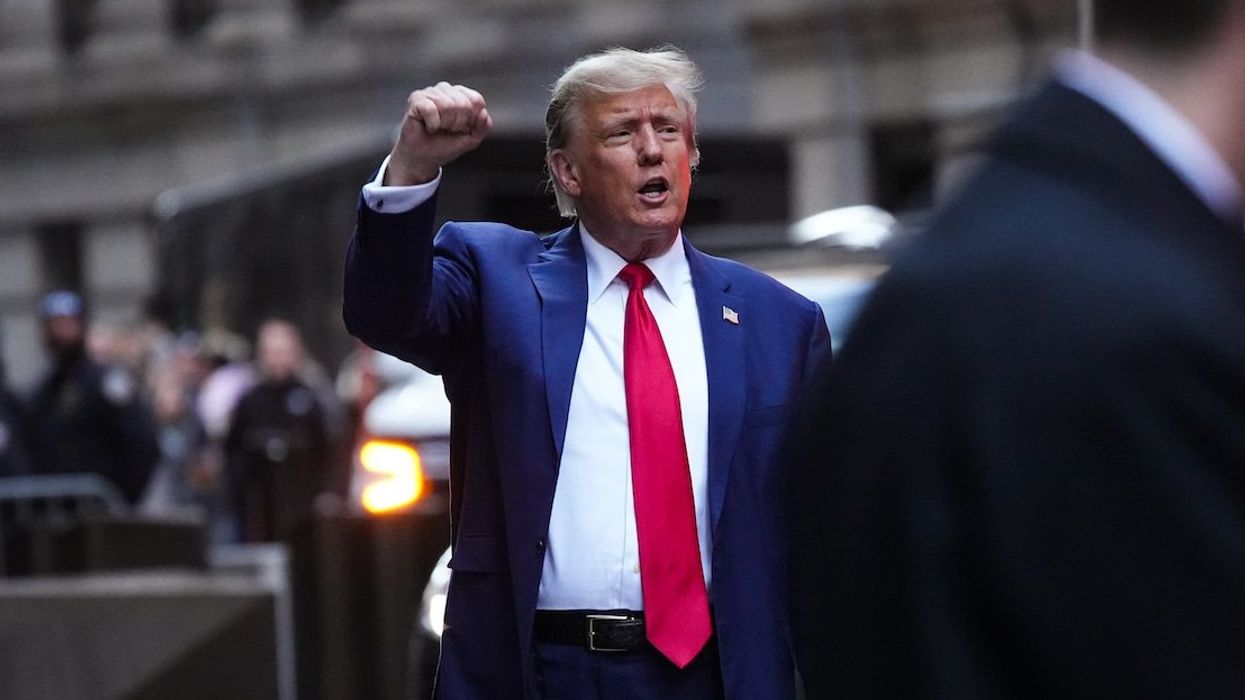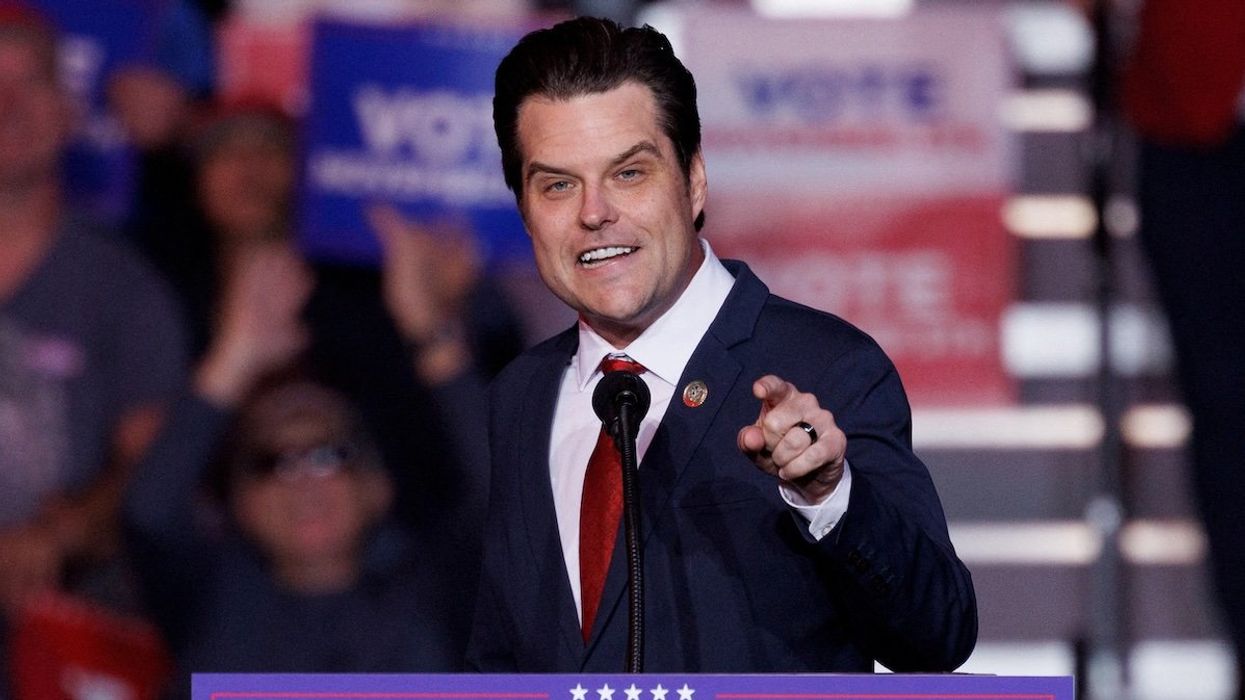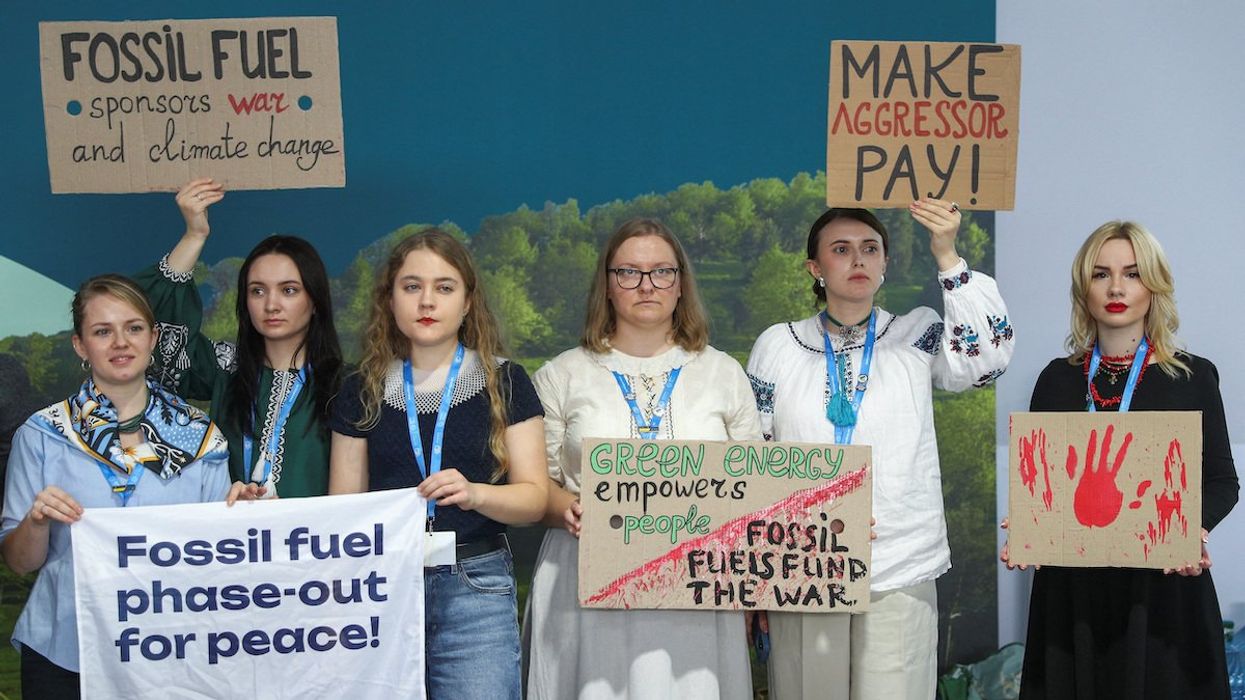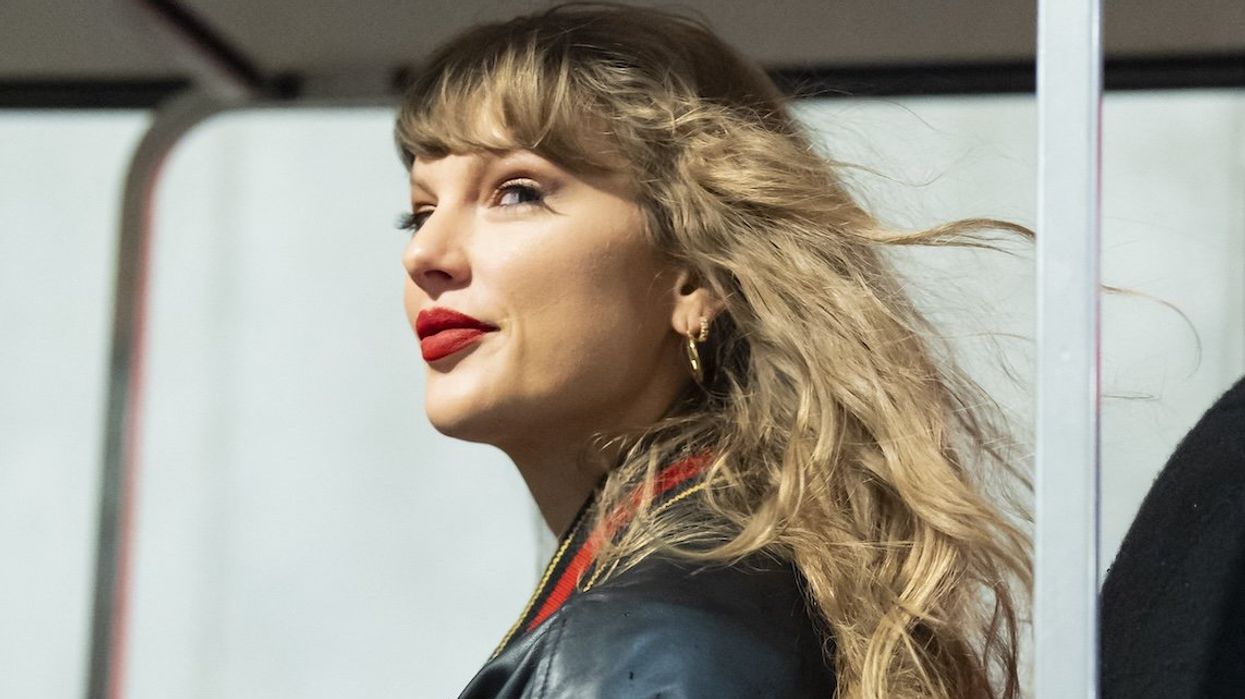VIDEOSGZERO World with Ian BremmerQuick TakePUPPET REGIMEIan ExplainsGZERO ReportsAsk IanGlobal Stage
Site Navigation
Search
Human content,
AI powered search.
Latest Stories
Sign up for GZERO Daily.
Get our latest updates and insights delivered to your inbox.
Global Stage: Live from Davos
WATCH
John Haltiwanger
Senior Writer
John Haltiwanger is an award-winning journalist who covers US politics and foreign policy, and all things geopolitics. He has reported all over the US and the world, covering issues ranging from wars to refugee crises. He's currently a Senior Writer at GZERO Media, but previously reported for Business Insider and Newsweek. He has a master's in international relations from the Univ. of Glasgow and a BA in history from St. Mary's College of Maryland.
Fields of expertise
US politics and history, International relations/foreign affairs/geopolitics, Modern warfare
Education
St. Mary's College of Maryland; University of Glasgow
Contact:
X: https://twitter.com/jchaltiwanger
Linkedin: https://www.linkedin.com/in/john-haltiwanger-7447a267/
Instagram: https://www.instagram.com/jchaltiwanger/
